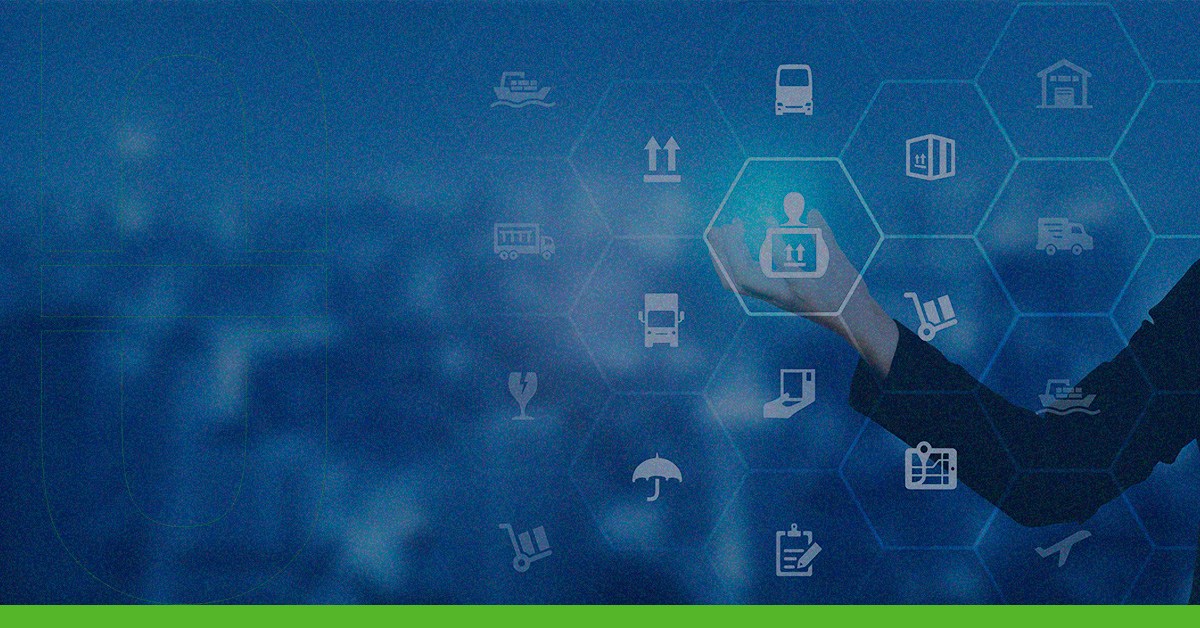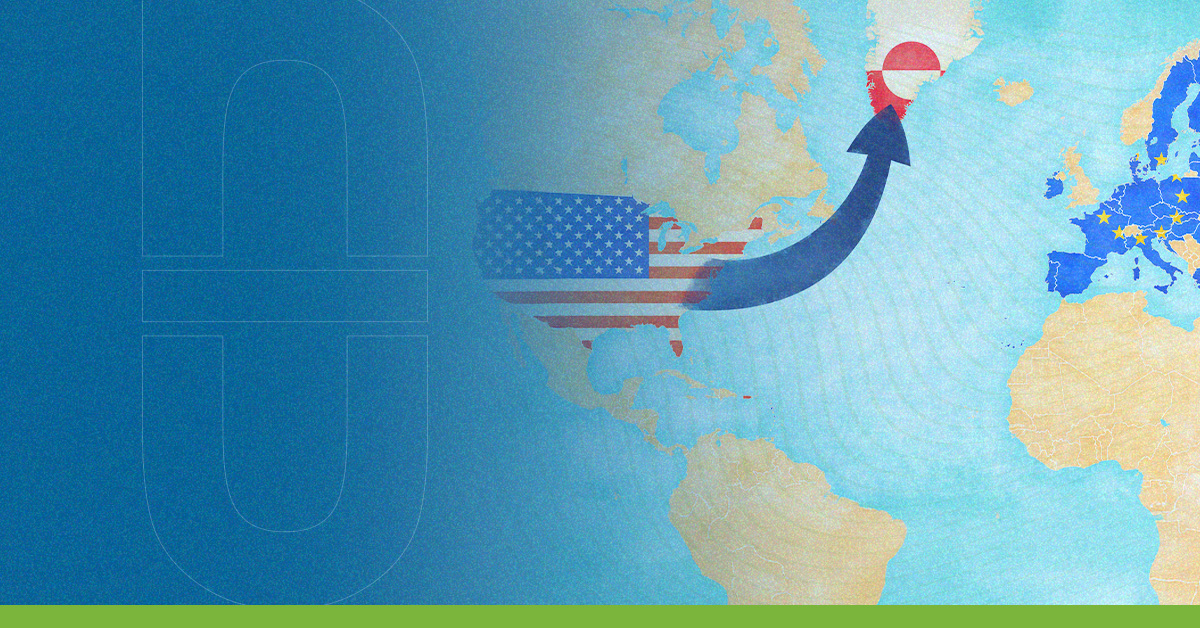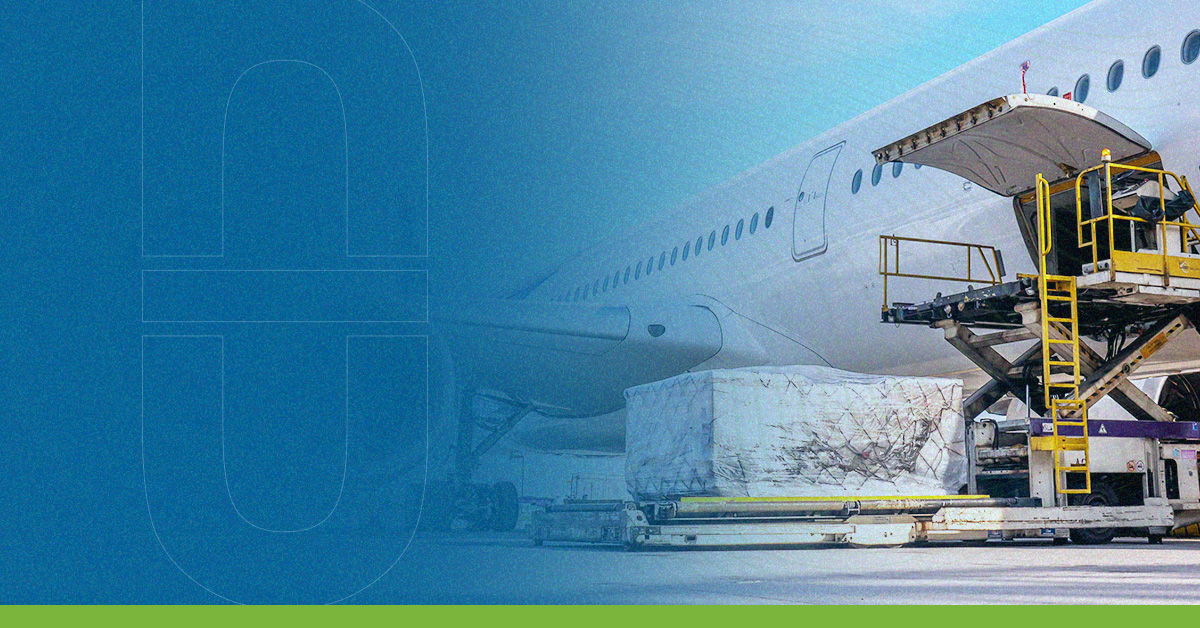Reverse logistics is the phase of the supply chain in which one or more products are returned from the seller to the authorized manufacturer or distributor for repair, recycling, or direct disposal in case it is no longer feasible to apply any of the 2 previous options.
In relation to returns, there are two main pillars in reverse logistics: return logistics in terms of waste, which consists of collecting and treating the waste generated by the product after it is sold, and the simple logistics of returning products from the end user to the point of distribution or manufacture due to non-conformity. delivery errors or other compelling reasons.
Importance of reverse logistics
Reverse logistics is of great importance when it comes to preserving customer safety, as well as the reputation of companies involved in the entire supply chain for the following reasons:
- The environment is preserved thanks to the reduction of damage to our ecosystem.
- Operating costs are reduced thanks to the possibility of being able to recycle the materials used in the initial product after return.
- Similarly, the unnecessary use of additional resources is greatly reduced, thus allowing for more efficient collection and purchases.
- Better communication between suppliers, manufacturers and the end customers who receive these products is encouraged.
Reverse logistics and its impact on the supply chain
Reverse logistics plays a critical role in managing returns in a company’s supply chain. This approach refers to the process of efficiently planning, implementing, and controlling the return of products or materials from the point of consumption to their origin, with the goal of properly managing product returns by customers.
Returns management has become a critical aspect for businesses, as it can significantly impact customer satisfaction, operational efficiency, and environmental sustainability. Additionally, efficient returns management using reverse logistics can help businesses identify areas for improvement in their products or processes, which in turn can drive innovation and quality of products offered to customers.
Even applying all the advantages of reverse logistics, having cargo insurance that meets the objective of taking care of your reputation and the investment made by your customers is undoubtedly the best way to maintain the good health of your business. Contact us to get more details about everything we have for you and ensure the success of your operations.
Sources:
La logística inversa: ¿qué es y para qué sirve? Hiberus Blog
Logística inversa en la cadena de suministro. DispatchTrack
Sobre la Logística Inversa y sus fases. IEBS




